Migrant Health and Medical Care
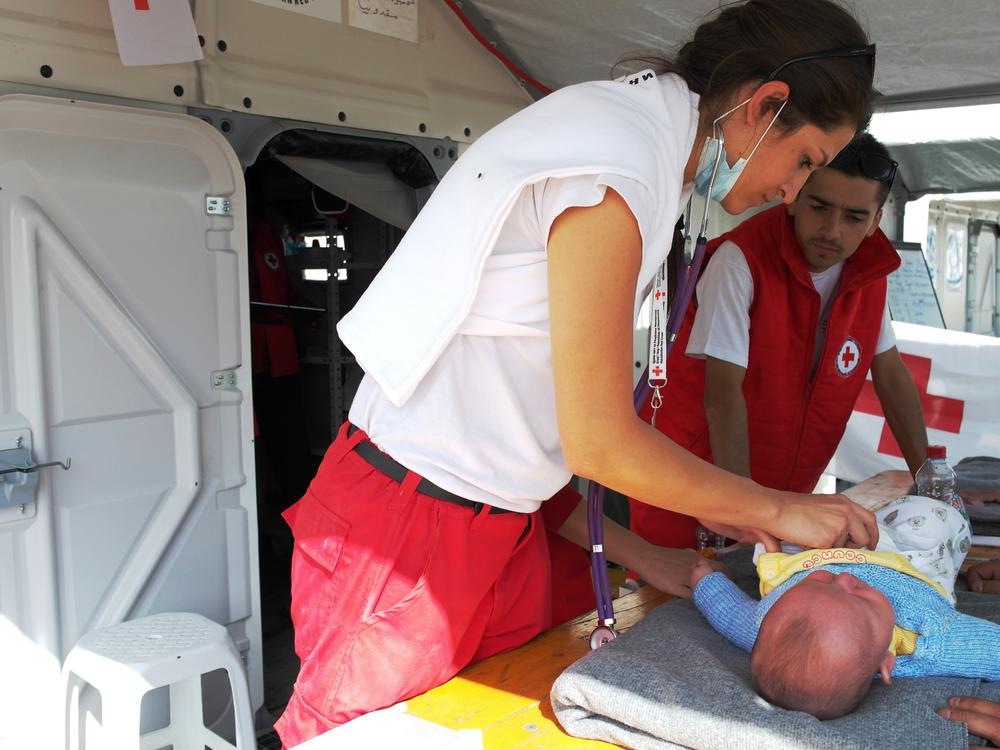
Overview of Migrant Health and Medical Care
Migrant health and access to medical care is one of the most common and important activities of an HSP. It can save lives if someone is seriously injured or unwell. It can also prevent less serious conditions from worsening as a result of infection or lack of treatment.
It is also a foundation on which a relationship of trust can be built with migrants, as it is one of the Movement’s best-known services. Many will seek out the emblem if they are in need of care and, as a result, is often an entry point for other services or to talk about other needs.
HSPs are not usually the right environment for offering a full range of services, but staff and volunteers should be prepared for the possibility that people will arrive with a variety of health conditions. If staff and volunteers in an HSP have a good foundation of first aid and psychological first aid training, they should be able to respond appropriately to the needs of people who come through the door.
What issues do migrants face?
Migrants face high barriers to health care and medical treatment, including:
Migrants often end up resorting to poor quality care, the advice of unqualified practitioners, traditional/home remedies, or self-diagnosis and treatment. This puts them at double risk: from deterioration of their condition; and from the consequence of dangerous or inappropriate care.
A needs assessment conducted by the Austrian Red Cross found that in the absence of medical care, migrants often self-diagnosed and obtained medications through third parties and without prescription. Self-diagnosis and treatment, combined with language limitations, resulted in people taking the wrong medication for their complaint, in the wrong quantity, or for the wrong length of time. In general, there was a tendency to take too much medication for pain relief, under the false assumption that they cannot cause harm.
Groups with particular needs
Don’t neglect sexual and reproductive health. Pregnant and lactating women (and newborns) will have particular needs. Be aware that pregnancy may be more than usually stressful for migrant women, particularly if there is separation in the family or if she has become pregnant as a result of sexual violence.
Women and girls may struggle to access contraception along migration routes, and if a woman cannot attain a safe and legal abortion, she may resort to other means of terminating her pregnancy. This can have potentially severe consequences for her health and safety, including death or permanent disability.
Women and girls may be uncomfortable receiving care from a man, or it may not be culturally appropriate for them to do so. Consider this not only for reproductive health interventions but also when training first aid responders.
Facilities should be accessible to people with disabilities. If this is not possible, be prepared to support access to services that are. People may need to acquire or replace prosthetics, mobility or hearing aids. Disabilities may be life-long, or have been acquired on the journey, and may be visible or invisible.
Migration may result in interruption of treatment for diabetes, heart disease, epilepsy, or cancer, among others. Migrants may also have acquired these conditions or diseases since their departure and not even be aware they need treatment. Facilitate access to treatment wherever possible. Particular efforts should be made to ensure people are aware of where and how they can confidentially seek assistance for conditions or diseases that are often stigmatised, such as HIV/AIDS, TB, sexually transmitted infections and mental health conditions.
Keep in mind that the groups mentioned above are not the only ones who may have particular needs. It is important to do a proper gender and diversity analysis and to remain observant of any change: vulnerability is not a fixed criterion and can change over time.
If you have a suspicion that someone is being trafficked or is the victim of abuse or violence, a consulting room can provide an opportunity to separate them from the suspected abuser and allow them to disclose.
Ensure you have a protocol for responding to these cases that protects not only the victim, but also staff, volunteers, and other migrants using the space.
Remember that if you don’t have a safe way to respond to the needs of victims of trafficking, it may be better to do nothing at all.
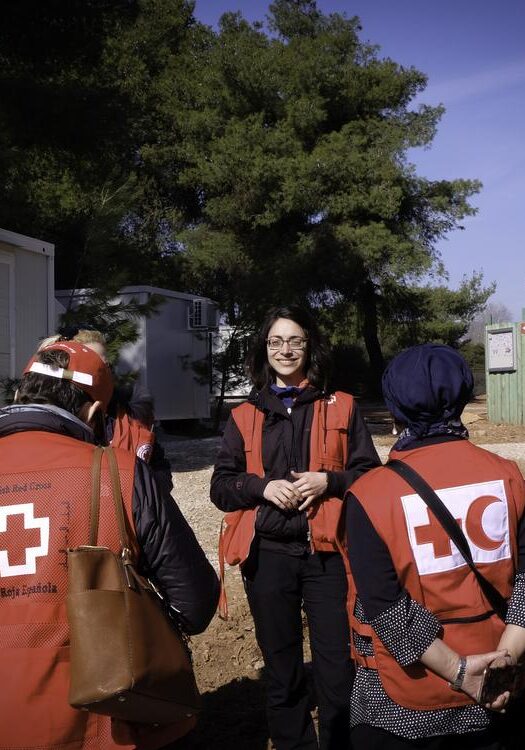
What kind of interventions are relevant/appropriate to an HSP?
When implementing any intervention, it is important to monitor, control quality, and evaluate.
Think about questions such as, ‘how often are we not able to provide a service requested by migrants?’
All interventions should be underpinned by health messaging and guidance, including about personal hygiene, how to avoid common diseases or illnesses, and prevention and self-care for common complaints like sunburn, dehydration, cuts, and scrapes. Messaging should include:
Migrants may get cuts, bruises, and blisters. They may get sunstroke or sunburn, or suffer from exposure to cold, including chilblains, frostnip, frostbite, or hypothermia. They may develop conditions resulting from being cold and wet for prolonged periods of time, ranging from chafing to trench foot. Dehydration, lack of sleep, and hunger are common. Living and traveling in overcrowded, unhygienic conditions, they may suffer from gastrointestinal disease, respiratory infection, or be exposed to scabies or lice, as has been reported in camps and detention centers in Mexico and Greece. Migrants may also become more vulnerable to opportunistic illness, or struggle to recover from minor illnesses. Increased risk of exposure to COVID-19 is a more recent concern (read more here.)
These can be minor, routine accidents that anyone can experience – twisting an ankle or cutting oneself, for example – or they can be more serious and specific to the migration experience. The best-known examples include chemical burns from spilt fuel in boats crossing the Mediterranean, injuries from falling from trucks in countries from West Africa to Europe, and even losses of limbs of people who have fallen from el tren de la Muerte (La Bestia).
Well-documented on virtually every migrant route, this may include beatings from police, border officials, hostile local people or even the smugglers migrants pay to facilitate their journey. The abuses suffered by migrants in countries like Libya are now infamous, including being taken hostage for ransom, held in detention, and subjected to forced labor, including by fighting groups. Sexual and gender-based violence is common, including rape and sexual assault, human trafficking for sex work, and intimate partner violence. Although the main victims of these abuses are women and girls, men and boys are also at risk. Read more here.
Key Resources on Health and Medical Care
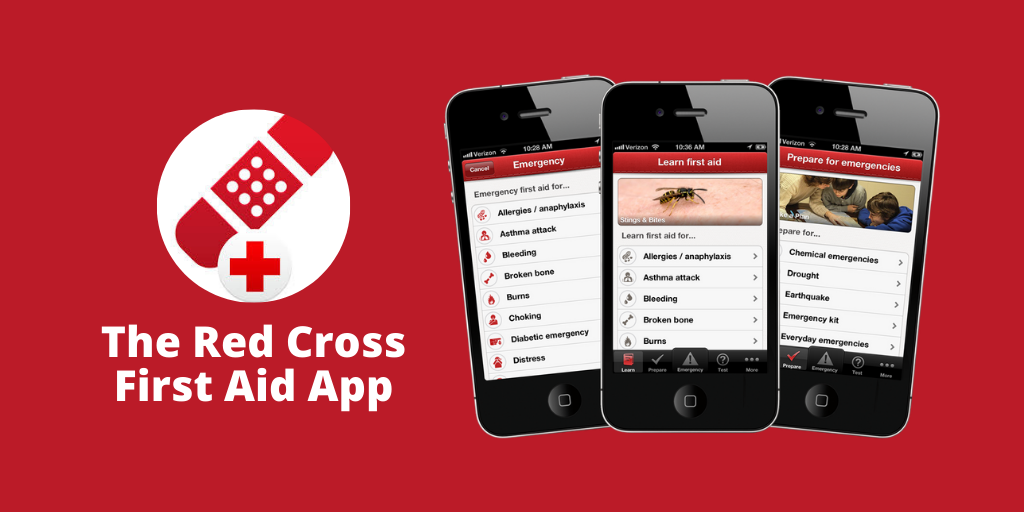
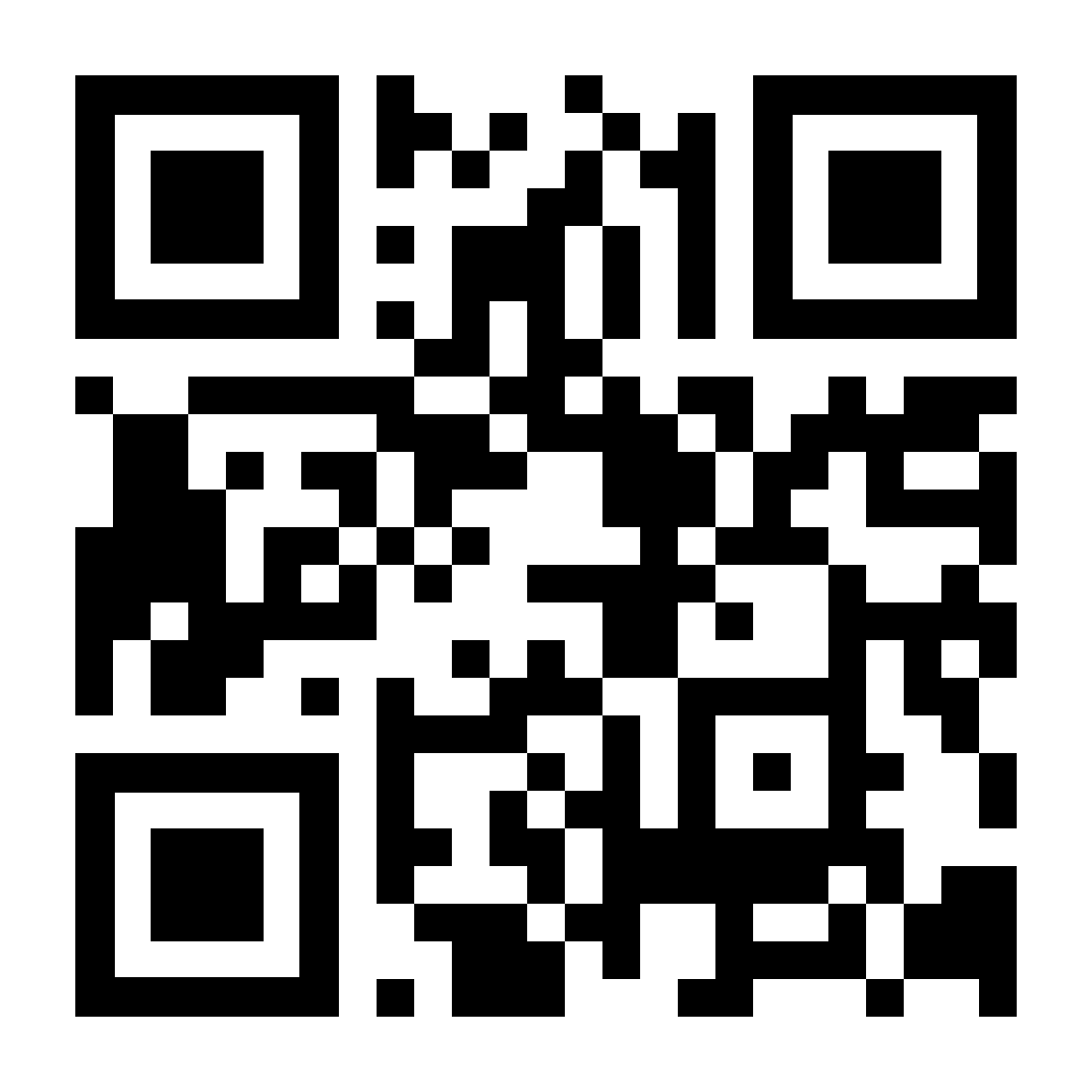
PlayStore QR Code First Aid App
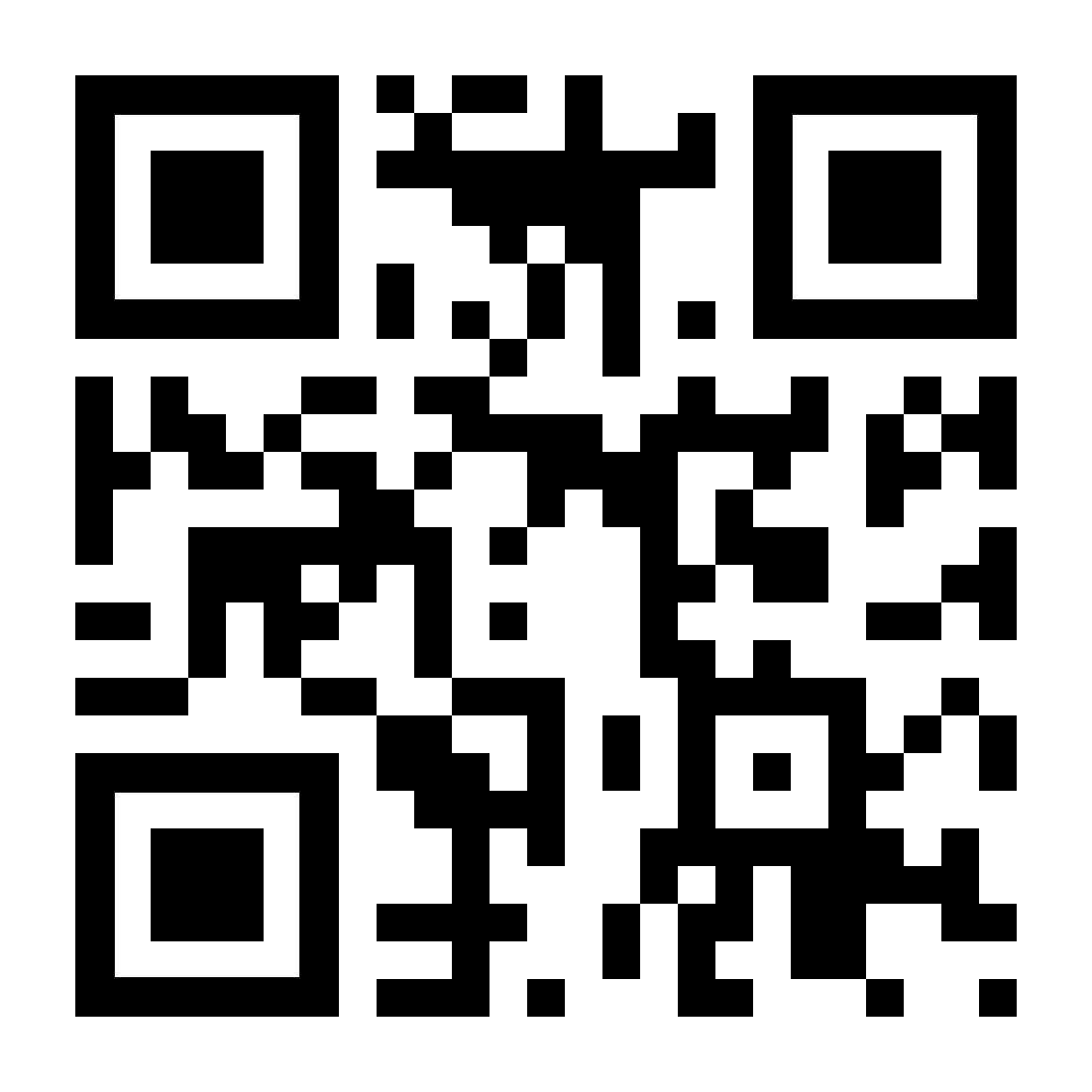
Ios QR Code First Aid App
Created in collaboration with the Red Cross Global First Aid Reference Center, First Aid app content is licensed by the British Red Cross and based on the International Federation of Red Cross and Red Crescent Societies (IFRC) First Aid Guidelines. National societies are able to make content changes to align with local guidelines and practices.
The First Aid app contains easy-to-understand information about how to identify and respond to a range of common first aid scenarios, such as bleeding, heart attacks, choking and burns.
The FA app includes:
- Learn, Prepare and Emergency First Aid sections focusing on everyday first aid scenarios,
- Step-by-step instructions—including videos and illustrations—on how to respond to each condition,
- Tests, quizzes and badges that users can share on social media, and
- Built-in resource mobilization features allowing national societies receive donations and highlight partnerships.
